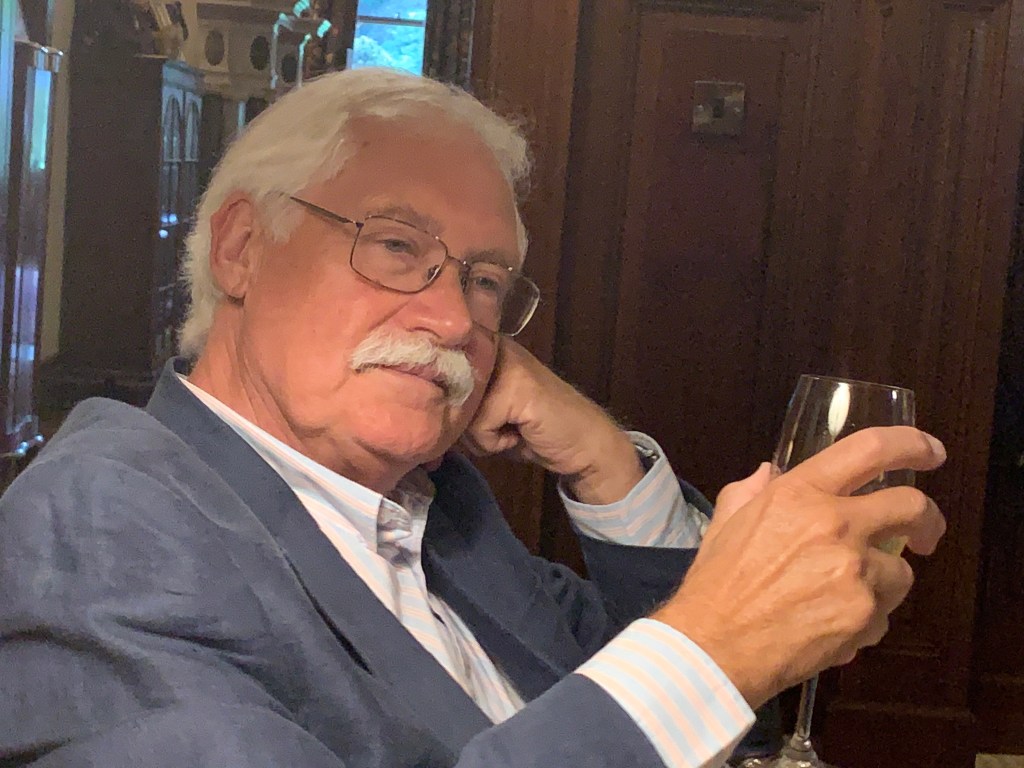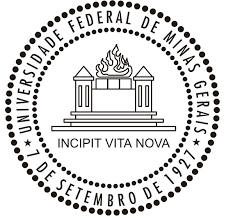 I am Tom Cox: I am both an organizational and a health psychologist of some experience broadly specialising in occupational and public health issues relating to the sustainability and the quality of working life. I was awarded the CBE in 2000 for my contribution to occupational health. This award was largely related to my role in the development of the Management Standards approach to work-related stress and psychosocial risks to employee health. My main focus at present is on cancer survivorship and work participation and, not unrelated, issues relating to post-traumatic stress. I have other second-level research interests, however, including sexual and reproductive health which goes back many years.
I am Tom Cox: I am both an organizational and a health psychologist of some experience broadly specialising in occupational and public health issues relating to the sustainability and the quality of working life. I was awarded the CBE in 2000 for my contribution to occupational health. This award was largely related to my role in the development of the Management Standards approach to work-related stress and psychosocial risks to employee health. My main focus at present is on cancer survivorship and work participation and, not unrelated, issues relating to post-traumatic stress. I have other second-level research interests, however, including sexual and reproductive health which goes back many years.
I have held Chairs at three universities. I have just retired from Birkbeck University of London where I held the Chair of Occupational Health, Psychology & Management and was the Founding Director of the Centre for Sustainable Working Life (CSWL) in the School of Business, Economics & Informatics. In this role, I also established a Professional Doctorate in Occupational Health, Psychology & Management and was Programme Director until my retirement.
I am heavily involved in the METIS Collaboration as its Co Director. METIS is hosted at the University of Aberdeen by the Academic Urology Unit in the Institute of Applied Health Sciences, School of Medicine, Medical Sciences & Nutrition. I hold an Honorary Chair in Occupational Health, specialising in long term conditions and working life, at that University. I also hold an Emeritus Chair in Organizational Psychology at the University of Nottingham, my Alma Mater, in the Division of Psychiatry & Applied Psychology, School of Medicine.
My professional activities and those of my wife, Professor Sue Cox OBE, are managed through COX Advisory in which we are equal partners.
 Hopefully, I am and will remain a productive researcher. I have had about 19126 citations of my more substantive publications (so far) with a h-index of 68 and an i10-index of 195 (Google Scholar). Since the early years of my partial retirement in 2015, I have managed 7691 citations, an h-index of 45 and an i10-index of 116 (Google Scholar). My most cited publication (1087 citations) appears to be: Research on Work-related Stress by T Cox, A Griffiths, and E Rial-González (2000) for the European Agency for Safety & Health at Work (EU OSHA).
Hopefully, I am and will remain a productive researcher. I have had about 19126 citations of my more substantive publications (so far) with a h-index of 68 and an i10-index of 195 (Google Scholar). Since the early years of my partial retirement in 2015, I have managed 7691 citations, an h-index of 45 and an i10-index of 116 (Google Scholar). My most cited publication (1087 citations) appears to be: Research on Work-related Stress by T Cox, A Griffiths, and E Rial-González (2000) for the European Agency for Safety & Health at Work (EU OSHA).
This is my personal and research blog. At present, the Blog shares news of my current research and related interests, my professional activities, and related news. It also copies in some of my various Twitter accounts which are currently under review along with some RSS feeds in my areas of interest. You can soon read my comments on past and present political and historical events at: politicsandtheoldgreyfox.wordpress.com
The blog has achieved over 26,923 hits. Recently, the top 3 countries, by hits, have been the USA, China (with Hong Kong), and the UK with hits from Austria, Canada, Poland, Brazil, Italy, Australia, Ireland, Germany and Sweden. The blog also seems to have some appeal in some smaller countries such as Latvia, the UAE, Cyprus, Iceland, Serbia and Croatia!
The BLOG ADDRESS is: http://www.proftcox.com
Contact email: proftrcox@btinternet.com
____________________________________







 The world around us is changing. A “new normal” is emerging driven by the coronavirus pandemic. For most people, many of the changes that they are forced to deal with are challenging and bring little joy now or in prospect. In many ways and for many people, the “new normal” is something to fear. A few are fortunate in that much of what is happening now, and will likely happen in the future, will be somewhat less challenging for them.
The world around us is changing. A “new normal” is emerging driven by the coronavirus pandemic. For most people, many of the changes that they are forced to deal with are challenging and bring little joy now or in prospect. In many ways and for many people, the “new normal” is something to fear. A few are fortunate in that much of what is happening now, and will likely happen in the future, will be somewhat less challenging for them. 

 A lockdown isolating people from their work, their social contacts and environments, and preventing them from travelling will mean different things and pose different challenges to different groups of people and to different individuals. This much is common sense. Therefore, there is no easy panacea to be offered. The platform for coping under these circumstances is each person thinking things through calmly, ignoring sensationalism and fake news, and planning ahead. There are a number of key things for people to think through and decide on.
A lockdown isolating people from their work, their social contacts and environments, and preventing them from travelling will mean different things and pose different challenges to different groups of people and to different individuals. This much is common sense. Therefore, there is no easy panacea to be offered. The platform for coping under these circumstances is each person thinking things through calmly, ignoring sensationalism and fake news, and planning ahead. There are a number of key things for people to think through and decide on. Coronavirus, Health & Working Life: Thoughts
Coronavirus, Health & Working Life: Thoughts In terms of the world of work, we are using working at home largely supported by ICT and less travel and social interaction, as a strategy for slowing the spread of the virus. This may prove effective. However, at the same time, it greatly accelerates changes in working practices that have been growing over recent years. Once established, these will not be easily reversed and this will, in turn, change the nature of our work organisations. At the same time, these changes could offer a greener working life agenda. However, social isolation, even in relation to reducing the risk of infection, may in itself prove a long term health risk. Our knowledge of the effects of such isolation have been growing and in recommending it as a public health strategy – sensibly so at this time – we may be trading a medium term win (hopefully) against a longer term cost.
In terms of the world of work, we are using working at home largely supported by ICT and less travel and social interaction, as a strategy for slowing the spread of the virus. This may prove effective. However, at the same time, it greatly accelerates changes in working practices that have been growing over recent years. Once established, these will not be easily reversed and this will, in turn, change the nature of our work organisations. At the same time, these changes could offer a greener working life agenda. However, social isolation, even in relation to reducing the risk of infection, may in itself prove a long term health risk. Our knowledge of the effects of such isolation have been growing and in recommending it as a public health strategy – sensibly so at this time – we may be trading a medium term win (hopefully) against a longer term cost.
 We all want Occupational Health Psychology (OHP) to address relevant real world issues using methods that are fit for purpose. We want to see research, policy and practice intimately related. We want to make a difference. However, there are two important caveats that concern me with regards this otherwise exemplary vision.
We all want Occupational Health Psychology (OHP) to address relevant real world issues using methods that are fit for purpose. We want to see research, policy and practice intimately related. We want to make a difference. However, there are two important caveats that concern me with regards this otherwise exemplary vision.
 Second, a forward-looking stance is not my only concern. There is another which is geopolitical and economic. We need to ensure our world-wide relevance and make clear our concern for all societies, peoples and forms of work. To these ends, we have to develop and practice a discipline that is relevant to the challenges and needs of under developed and developing countries and to countries outside of the Western geopolitical sphere. Achieving these things will again lead us into new areas of research, policy and practice.
Second, a forward-looking stance is not my only concern. There is another which is geopolitical and economic. We need to ensure our world-wide relevance and make clear our concern for all societies, peoples and forms of work. To these ends, we have to develop and practice a discipline that is relevant to the challenges and needs of under developed and developing countries and to countries outside of the Western geopolitical sphere. Achieving these things will again lead us into new areas of research, policy and practice.
You must be logged in to post a comment.